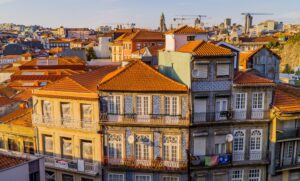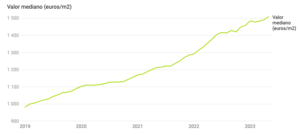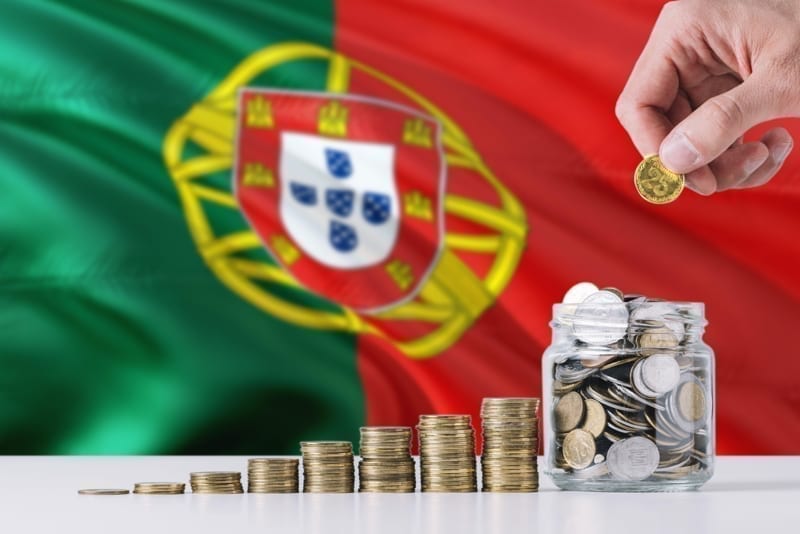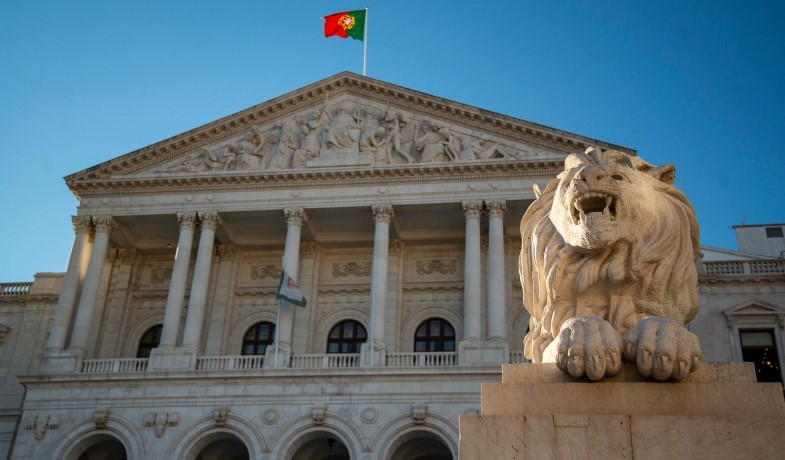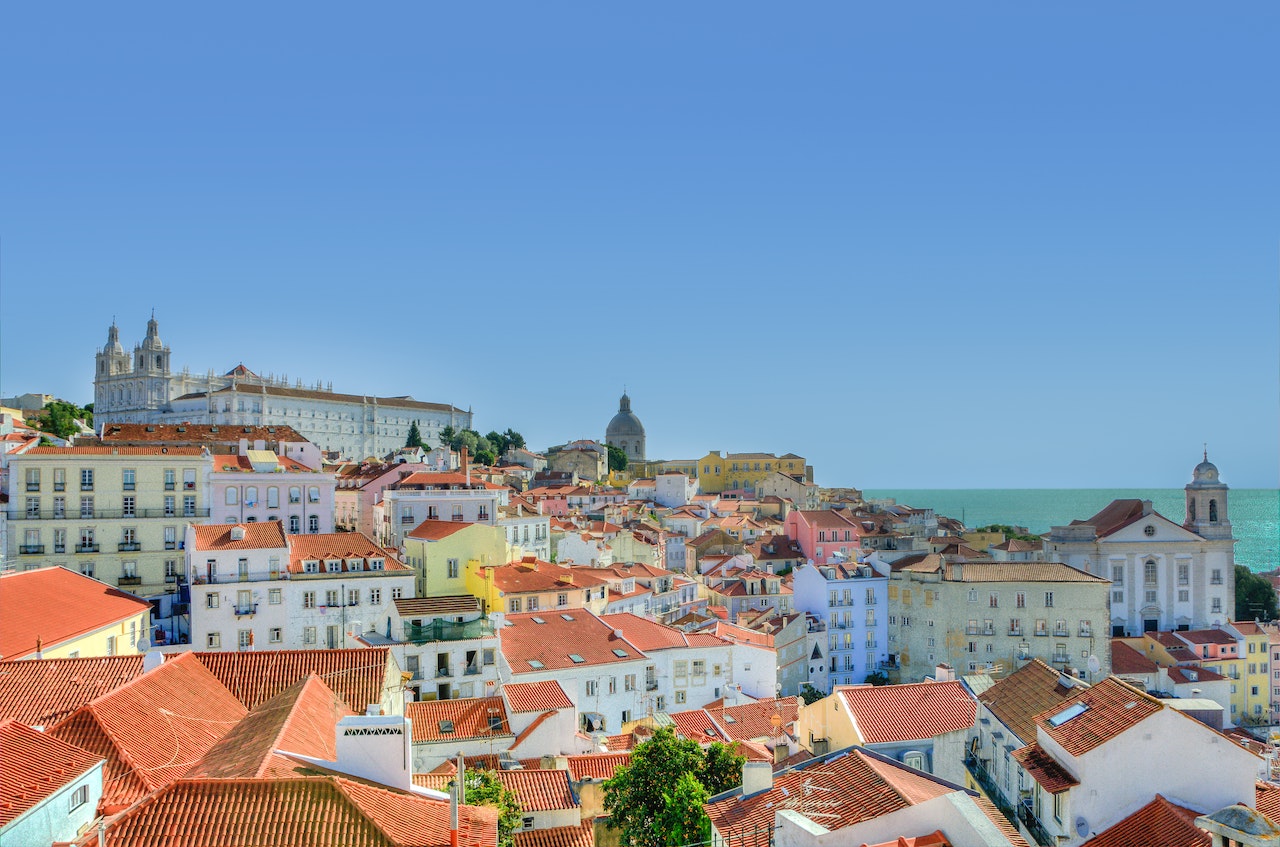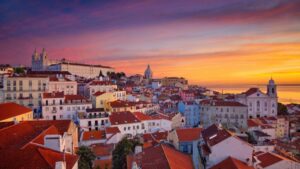Depuis le début de l’année dernière, un fournisseur en pleine expansion de logiciels de centres d’appels basé dans la Silicon Valley a commencé à évaluer des emplacements en Europe pour établir un centre d’ingénierie. Des villes comme Londres, Munich, Francfort et Paris sont depuis longtemps les leaders incontestés pour les opérations à grande échelle telles que celles envisagées par cette entreprise. Cependant, Five9, une entreprise en pleine croissance avec un chiffre d’affaires approchant le milliard de dollars, a dépassé ces lieux habituels et a choisi une enclave côtière au Portugal, un choix qui aurait pu être négligé avec un processus de sélection moins rigoureux. Porto, la deuxième plus grande ville du Portugal, a finalement répondu à tous les critères nécessaires pour Five9.

“Elle dispose d’une base technologique remarquable ainsi que d’un vivier de talents spécifiques au support client, le tout soutenu par un système universitaire incroyable. Le Portugal offre un excellent climat des affaires et c’est un endroit idéal pour les employés, ce qui est très important pour nous.” (James Doran, vice-président exécutif de la stratégie et des opérations de Five9).
C’est pour ces raisons que le Portugal connaît une augmentation des investissements étrangers, en particulier de la part d’entreprises en quête de talents comme Five9. En 2022, le Portugal a annoncé 330 projets d’investissements directs étrangers (IDE), soit une augmentation stupéfiante de 59% par rapport à l’année record de 2021. Outre Five9, des investisseurs récents comprennent FinTru, une société financière basée en Irlande du Nord ; Seven Principles d’Allemagne et Visma de Norvège, qui ont ouvert des centres technologiques à Porto ; ainsi que TX Group de Suisse et Swiss Post, qui ont établi de nouveaux centres informatiques respectivement à Braga et à Lisbonne. Citant “l’excellent talent émergent”, Tyson Foods a également lancé un centre informatique à Lisbonne, avec des plans pour y embaucher 200 employés.
Les projets d’IDE annoncés en 2022, d’une valeur totale d’environ 4,8 milliards de dollars, devraient créer plus de 26 000 emplois, selon AICEP Portugal Global, l’agence d’investissement portugaise. Notamment, 75% des nouveaux projets annoncés et soutenus par AICEP sont des centres de compétences : des pôles d’expertise regroupant des compétences en langages de programmation, en gestion des données et en développement Internet, tels que le European Research and Development Hub inauguré par Five9 en janvier.
“Ces projets”, déclare Bernardo Ivo Cruz, secrétaire d’État au Commerce international et aux Investissements étrangers du Portugal, “seront une vitrine des compétences, du talent et de l’innovation portugais. L’investissement dans les connaissances et dans la qualité des ressources humaines continuera d’être au centre de la stratégie de développement économique de notre pays.”
Une ruée vers les énergies renouvelables
Cette attitude tournée vers l’avenir a permis au Portugal de prendre une place de leader dans le domaine des énergies renouvelables. En 2016, le Portugal s’est engagé à atteindre la neutralité carbone d’ici 2050, devenant ainsi le premier pays à le faire. Cela a été suivi en 2020 par l’adoption d’une stratégie nationale pour l’hydrogène, qui vise à positionner le Portugal comme un leader dans la production, la consommation et l’exportation d’hydrogène vert produit à partir de sources renouvelables telles que l’énergie éolienne et solaire.

Des investissements importants ont été réalisés par des géants des énergies renouvelables, notamment Vestas du Danemark et Iberdrola et Siemens Gamesa d’Espagne. Après une récente expansion de son parc éolien de Barão São João à Lagos, Vestas totalise une capacité installée ou en construction de plus de 900 MW au Portugal. Son Centre de technologie de Porto emploie environ 600 ingénieurs, dont près de 80% sont portugais.
“Les ressources éoliennes abondantes du Portugal et ses politiques favorables”, a déclaré Javier Rodriguez Diez, président de Vestas Mediterranean, “nous ont permis de développer et de fournir certaines de nos solutions éoliennes les plus innovantes.”
De même, Siemens Gamesa a choisi le Portugal pour certains de ses projets éoliens les plus ambitieux. L’usine de Vagos de l’entreprise, située près du port atlantique d’Aveiro, produit des pales de longueur approchant celle d’un terrain de football pour la nouvelle génération de ses éoliennes, déclare José Costa, directeur général. L’usine de Vagos, explique-t-il, dispose actuellement de huit lignes de production et devrait s’agrandir prochainement.
“Nous venons de terminer un nouveau bâtiment qui intègre les technologies les plus avancées du groupe Siemens Gamesa. Notre production”, déclare-t-il, “témoigne de l’importance de notre usine de Vagos dans la stratégie de Siemens Gamesa.”
S’étendant sur plus de 11 000 acres, le complexe industriel côtier de Sines, dans le sud du Portugal, se positionne “à l’avant-garde de la transition énergétique du Portugal”, déclare le secrétaire d’État Ivo Cruz, ayant attiré plus de 15 milliards de dollars de projets d’énergie propre. Parmi ceux-ci figurent des parcs éoliens et solaires exploités par EDP Renováveis basé à Madrid et Galp Energia du Portugal. Galp a annoncé des projets de construction d’une usine de production d’hydrogène vert à Sines, d’une capacité de 200 MW, ce qui en ferait la plus grande d’Europe.
“Monter dans les classements”
Selon Ivo Cruz, les objectifs du Portugal en matière d’investissement étranger s’étendent aux secteurs du numérique, de la finance, de l’innovation en santé, de l’automobile et de l’aéronautique.
“Notre objectif”, dit-il, “est de continuer à attirer des projets à valeur ajoutée qui mettront en valeur les compétences, le talent et le profil innovant du Portugal. Nous continuerons de nous concentrer sur des entreprises où le niveau de complexité des produits est plus élevé afin de tirer parti des avantages concurrentiels du Portugal.”
Jim Doran de Five9 reconnaît que, pour une entreprise basée en Californie, l’idée d’établir un important centre d’ingénierie à huit fuseaux horaires de distance “était un peu intimidante”. Mais il affirme que la participation de partenaires portugais, notamment des agences de développement économique locales et nationales, a été déterminante pour la mise en place de l’opération. Des organisations telles que AICEP, déclare-t-il, “ont été extrêmement efficaces et proactives pour nous aider à apprendre ce que nous devions savoir pour nous mettre rapidement en place et faire démarrer la machine.”
Le bureau de Porto, ajoute Doran, a réussi à se constituer rapidement avec plus de 125 employés, avec une prévision de plus du double à l’avenir.
“En fonction du succès que nous avons connu jusqu’à présent”, dit-il, “nous pensons que nous n’en avons pas terminé là. Cela a été formidable. Nous chercherons à ajouter davantage d’investissements et d’employés, et à étendre nos activités au-delà de l’ingénierie pour créer une équipe de services professionnels et de support client au Portugal. Porto”, ajoute-t-il, “grimpe rapidement dans le classement des sites importants pour nous.”
